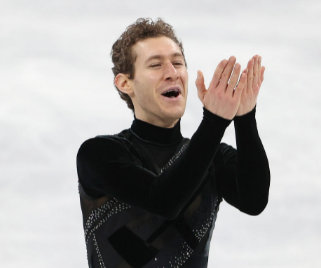Figure skating at 2022 Olympics a trip - from sublime to absurd to sublime
/It all started routinely, with a team event in which the medalists finished in the expected order (ROC-USA-JPN), and Russian Olympic Committee’s Kamila Valieva unsurprisingly became the first woman to land a quadruple jump in the Olympics.
After that, the 2022 Winter Olympics figure skating competition went from the sublime to the absurd to the sublime.
The team event was over only a day when the cancellation of its formal medal ceremony led to a week in which doping (especially Russia’s doping), pitiless training methods and the sad collapse of Valieva, the 15-year-old at the center of the story, turned into a firestorm as depressing as it was devastating.
Within a few hours of a story by Olympic specialist website Inside the Games that a legal issue about doping had prevented the team event medals from being presented, the website reported the case involved Valieva, the heavy favorite in women’s singles.
Valieva’s positive doping result from a December test, the bureaucratic laxity that followed, the decision that allowed her to compete in singles – it all brought recrimination, tears, anger and numbness as Valieva staggered under the weight of it, and the world watched in dismay.
How sadly bizarre was it that Court of Arbitration for Sport rulings on figure skating matters were as significant as nearly anything that happened on the ice?
Read More





